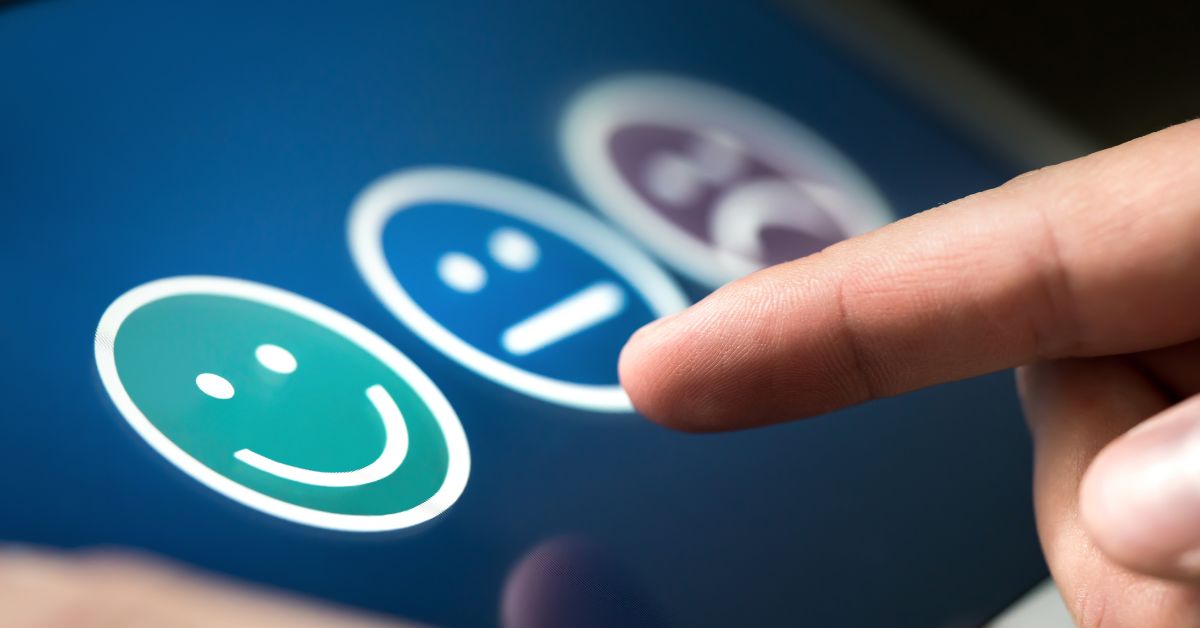Working long hours at a law office means sacrifices, right? Perhaps it’s missing your regular basketball game at the gym or skipping happy hour. Because of this, some law firms make a big effort to compensate and show their appreciation by providing small (and not-so-small) perks in the office. And this is becoming even more important because Millennials expect their employers to provide such amenities.
With the changing priorities in mind, let’s look at some of the office perks law firm employees say are the most important to them:
Working remotely
An important criteria for Millennials who grew up with technology readily available: they want to be able to leverage that technology in their work, which means working from home. Jackson Lewis launched the firm’s Flexible Workplace Policy in 2017, and many other law firms have followed suit.
Read more: Working from home: a guide for legal professionals>>
Exercise options
Employees want to have 24-hour access to an on-site gym and weekly trainer-led workout sessions. Allen & Overy attorneys at some offices have a 24–hour gym, fitness classes, a dance hall, and music rooms!
Others get gym memberships. Jones Day and Linklaters also provide gyms and fitness facilities with all the accoutrements. Hogan Lovells in Washington, DC has a fitness center on the first floor of its building, and membership is free for the firms’ employees.
Free food
There are very few employees in any industry who don’t like free food. Bryan Cave starts the workday off with a free cereal bar. Hogan Lovells in Washington, DC has a firm cafeteria called 1904, named after the year the firm was founded. The firm provides big discounts on the food, so an employee can get a nice meal for five bucks. Free snacks are found in almost all law firms.
Access to natural light and views
This might surprise you, but employees believe that access to natural light and views improves their overall happiness and well-being (78%), work satisfaction (73%), work performance (70%) and organizational commitment (54%). In contrast, the absence of natural light and windows makes 47% of employees to feel tired or very tired, and 43% to feel gloomy. Who needs a Gloomy Gus when you’ve got a closing argument after lunch?
Pet–friendly environment
Bringing Fido to the office can actually help relieve stress, and force you to take breaks, which means taking a time-out of that depo to walk the dog. This may not be an option in some larger cities, but solo offices in smaller communities have embraced the idea for several years.
Unlimited vacation time
Yes, you read that right. But, the truth is, employers find that most employees are taking roughly the same amount of days off as they would have with a traditional time off policy. Even so, unlimited just sounds crazy! However, large law firms Quinn Emanuel Urquhart & Sullivan and Susman Godfrey already provide this!
Free trips
Is that last option seeming like a bridge too far? Perhaps as a compromise, your firm might consider what Fenwick & West does: they offer all associates a one-week trip to Hawaii for two each year, with flights and condo included.
Massages and yoga
Okay, after unlimited vacation time and free trips to the Islands, let’s take a breath and relax. Perhaps something a little less drastic—and definitely calmer—is a free massage or a yoga class.
More law firms are trying to support their employees’ mental and emotional well-being. This means weekly massages and yoga classes available during work hours so that everyone feels at ease, happy, and creative throughout the workday—especially when that seven-day trial approaches. Steptoe & Johnson is one firm that has vinyasa, but no word if they offer hot yoga!
Flexible office hours
These days, this one’s pretty much a given. The Law Firm Flexibility Benchmarking Survey by the Diversity and Flexibility Alliance a few years back found that 26 of 28 large law firms surveyed have flexible work policies. For example, Baker McKenzie’s bAgile program, launched in March 2017, offers flexible options for all its employees.
Day care
Munger Tolles touts its on-site child care center in Los Angeles and the backup care options available to all firm employees. The firm subsidized the back-up care program through Bright Horizons, which can be used up to 20 times per year, per child or relative needing care.
With law firms trying to recruit and retain the best talent and higher expectations of workplace benefits from younger generations, more law firms are recognizing the need to accommodate attorneys’ needs.
In addition, employee satisfaction goes up and stress goes down when these types of perks are offered at a firm. Happy employees mean higher productivity, greater creativity, and less turnover.









